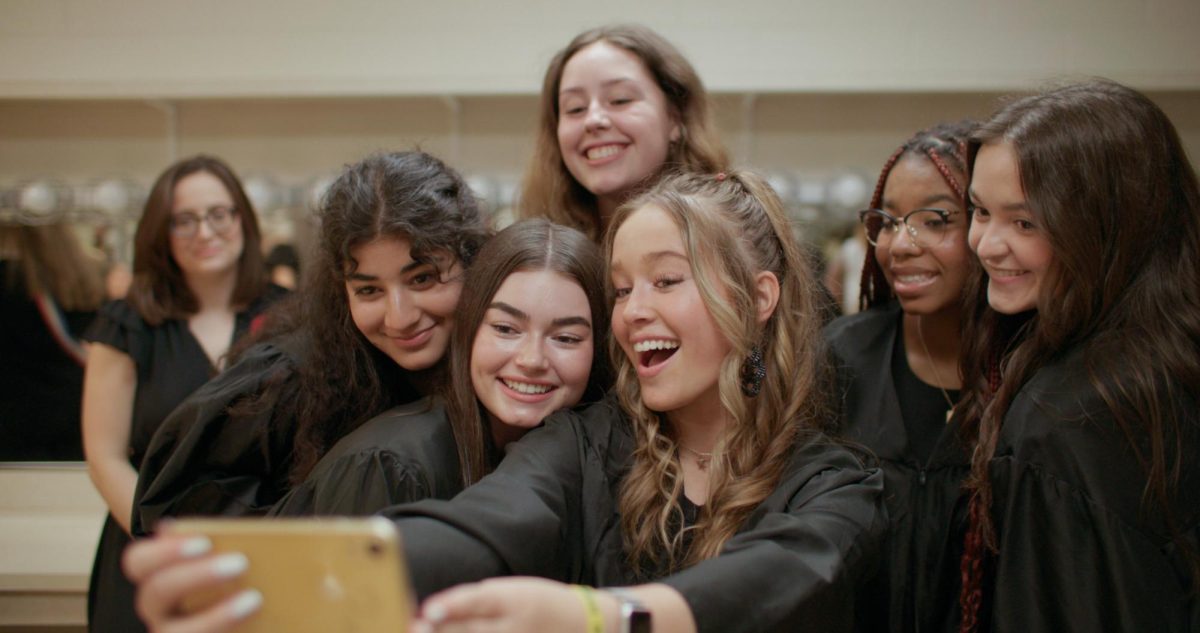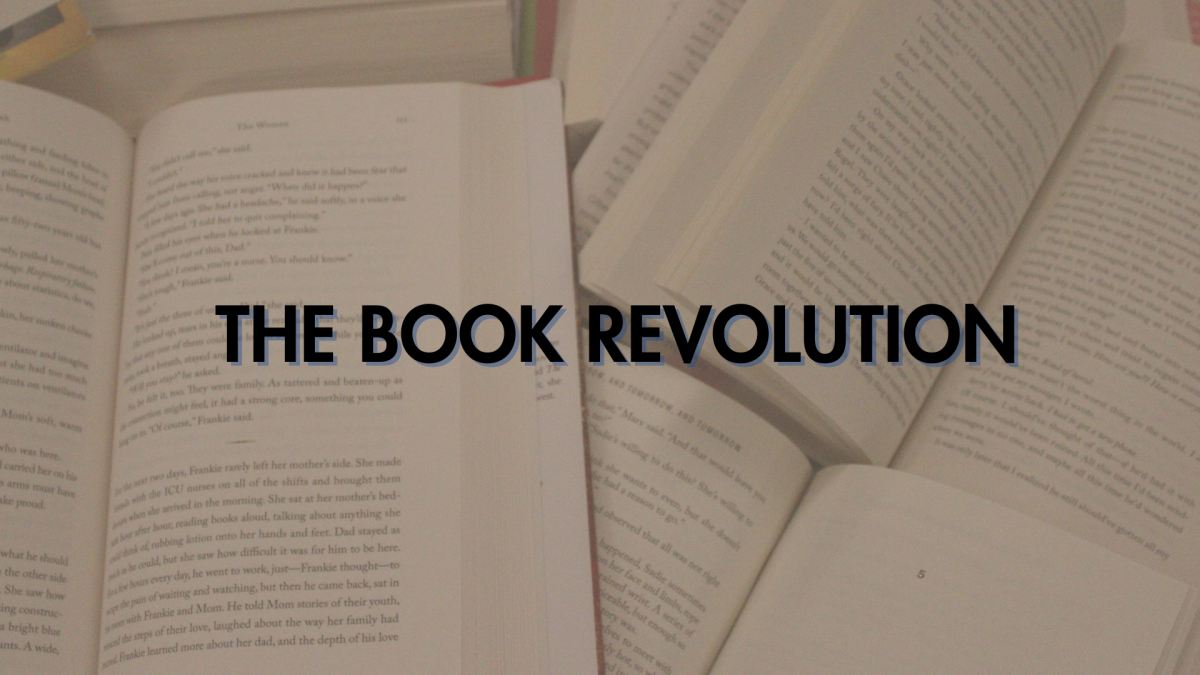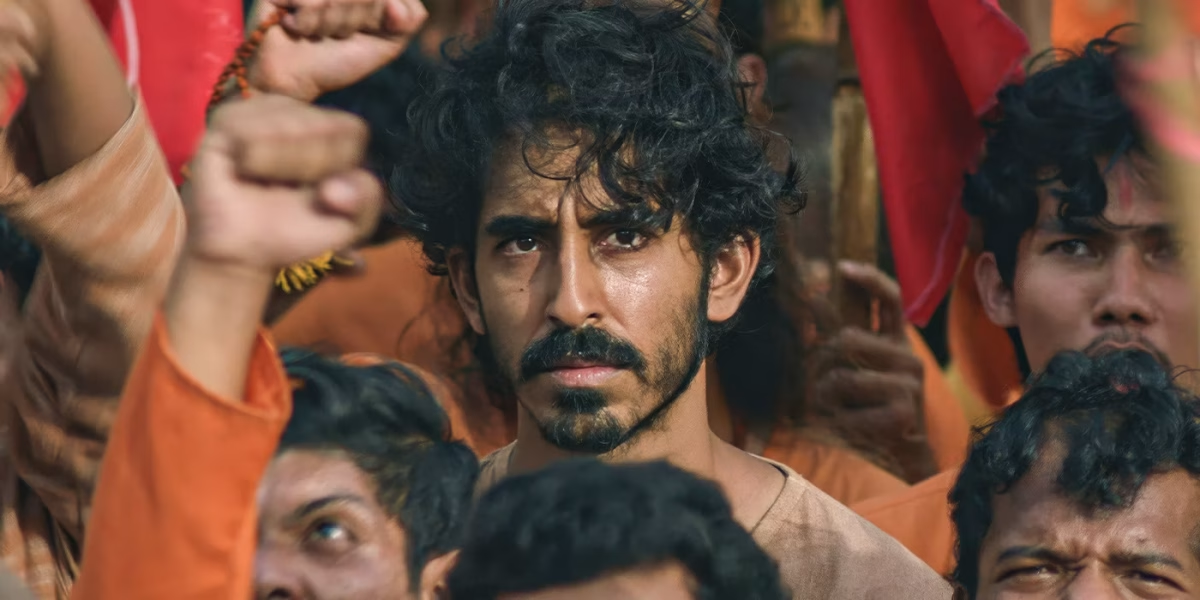In an era of URLs, live tweeting and soggy, unread newspapers pasted to driveways, a group of frumpily-dressed and frazzled reporters at the Boston Globe become unexpected heroes.
Well, not exactly heroes. In the newsroom drama “Spotlight,” a movie based on the Boston Globe’s spotlight team — a highly secretive band of investigative reporters — and their journey uncovering the sexual abuse of children by the Catholic Church, nobody escapes scrutiny.
The story, a 2003 Pulitzer Prize winner, is gripping material as it is, but the movie is more focused on the process. Deemed the newsroom story of this generation by a slew of critics, it manages to avoid glamorizing the press and depicts journalists in their almost painfully tedious and anxiety-ridden daily lives.
Not only does the movie shy away from melodrama, it appears almost self-aware in its mockery of dramatic tropes: at one point, the audience is invited to laugh at itself for fearing that a knock on the door is anything more than an agitated editor trying to get a hold of his writer.
Instead, the movie’s drama comes from more mundane sources: flipping through bulging folders of newspaper clips, tracing dates in a record book, scouring interview notes scrawled in blue pen. If it seems dull, it technically is. But it’s also how all of the essential action happens. As David Simon of the Baltimore Sun jokingly noted, it’s porn for journalists.

Yet the film shows restraint: the shots have an almost gray pallor, and there’s no clear-cut hero. Rather, it focuses on an ensemble — there’s no star to root for, only a sometimes-dysfunctional group and a hope that everything will somehow be okay. And despite its attempt to argue for the relevance of good ol’ fashioned journalism, it doesn’t just appeal to a niche audience. It’s a success story, a detective story and a survival story all rolled into one, with more than enough moral ambiguity to question all of the above labels.
The characters Mike Rezendes, Matt Carroll and Sacha Pfeiffer, played by Michael Keaton, Mark Ruffalo and Rachel McAdams respectively, certainly felt the pressure of playing real people, and they’ve been commended for nearly fooling the actual Boston Globe staff. The characters are the kind of people — middle-aged journalists with small-town charm and candor — you’d expect would blend into the line at a coffee shop or a crowd waiting for the bus.
But as events unravel, and their investment in the story deepens, their safety is shattered just as the audience’s sense of comfort is, too. Suddenly all of them stand out, none of them feel tangential and they’ve all got something at stake.
Mike struggles with his faith, or rather his lack of it, and Matt is faced with a startling dilemma: he can keep the story a secret or he can warn neighborhood kids that a house on their street contains sex offenders. It’s a battle between journalistic integrity and moral duty, and those themes resonate on more than that one street, peaking with an explosive, heart-wrenchingly emotional scene by Ruffalo that feels like the movie’s only clear climax.
If anything felt lacking in depth, Sacha’s conflicted relationship with her Catholic grandmother seemed part-way abandoned — we’re given a glimpse of it before pivoting back to her male counterparts. She offers comfort and advice, but doesn’t seem to need any of it herself.

Meanwhile, Spotlight editor Walter Robinson, imbued with both tenacity and uncertainty by Michael Keaton, has one of the most compelling and frustrating storylines. He’s a strong believer that institutions must check each other, but in the past, he was partly responsible for “burying” the story about the Church’s abuse of power. He’s switched sides and doesn’t even know it. And he’s certainly not the only one.
If this story had to have a hero, though, it would be an honor unexpectedly bestowed upon the reserved, painfully awkward Martin Baron, the new editor-in-chief whose outsider status allows him to see that something terribly wrong is happening in Boston. Liev Schreiber as Baron is at once enigmatic and muted, his own quiet determination fueling every point of the plot, every new discovery, every major decision. When the final copies slap every surface in Boston, the byline feels lonely without his name.
And if there are no clear heroes, neither are there clear villains: the lawyers and their shady cover-up, even the complacent clergy themselves, don’t exactly deserve our sympathy, but they manage to win our grudging understanding.
“They control everything,” lawyer Mitchell Garebedian, played by Stanley Tucci, says of the church and their systematic abuse. As the camera pans over schools and misty streets and cluttered rows of houses, there’s a sickly atmosphere that make us not only believe it, but feel it. The movie manages to make even a single still shot of a playground absolutely devastating.
With each wide, panning shot, “Spotlight” feels like the portrait of a small town disguised as a city, and it’s Baron’s new critical eye that pierces through everyone’s absurdities. Perhaps what’s most absurd is the way the perpetrators, the abusers and their enablers, casually mingle at a party and greet each other, more comfortable and at-home than Baron, deemed alien for being Jewish and unenthusiastic about baseball.
One thing is for sure: the victims’ stories, scattered throughout the film, carry the audience’s investment. The movie may not be about them, but it’s also not really about the reporters, either: rather, there’s a sense of something larger unraveling with each told story and each coffeeshop meet-up or late-night phone call.
This “something larger” hints at the international scandals to follow, dozens of cases just like Boston’s, or it might be pointing at a larger truth. That this is a story about everyone, and no one escapes blame.
Though films about telling the truth are often described as “unflinching,” this one confidently discards that steely-eyed trope. It flinches. It flinches from the truth, it lies open and vulnerable. And that’s what makes it feel real.
So when everything finally goes to print, the movie muffles a sense of triumph: there are shots of domesticity, of kitchens and empty rooms, shots of messy gray newsrooms and bleak streets. When things whir to life again, something is different, both within the movie and outside of it. The shots of phones ringing out of their cradles and of survivors coming forward closes the movie with a sense of having started over again.
And the Boston Globe, which reported a dozen more stories of survival and pain and guilt, did exactly that. This one Spotlight only began the long, slow process of unburying. The church’s guilt was their guilt. The church’s guilt is everyone’s guilt.
In the final shot, Spotlight editor Walter Robinson picks up an urgently ringing phone. And we all know the conversation that begins will last far beyond the end of the movie.
Opened Nov. 7. 128 minutes. R (some language, including sexual references; discussions of molestation)




















